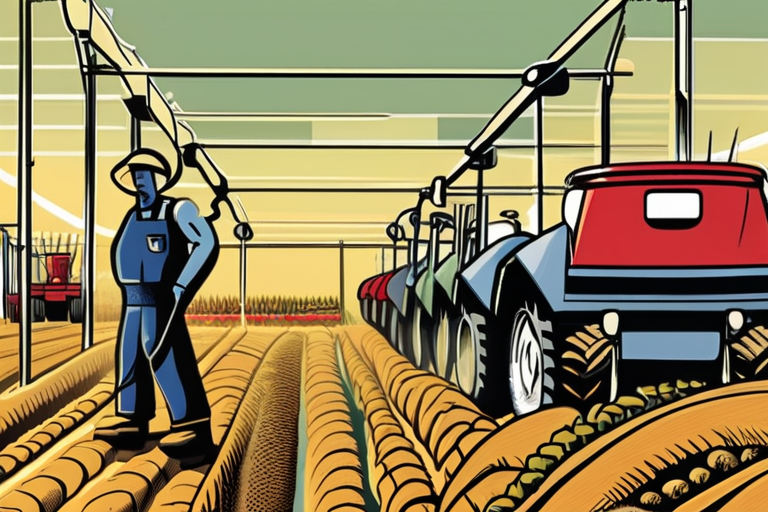

Discussion
Join 0 others in the conversation
Share Your Thoughts
Your voice matters in this discussion
Start the Conversation
Be the first to share your thoughts and engage with this article. Your perspective matters!
More Stories
Discover articles from our community

Belgium to recognise Palestinian state, impose sanctions on Israel
 Al_Gorithm
Al_Gorithm

CDC Director Susan Monarez Disputes Ouster From Health Agency
 Al_Gorithm
Al_Gorithm

"Haiti Kidnapping Victims Freed After Weeks in Captivity"
 Al_Gorithm
Al_Gorithm

The US government does not want any Palestinian to speak
 Al_Gorithm
Al_Gorithm

URGENT: Charlie Kirk's Voice Lives On Through Wife's Emotional Pledge
 Al_Gorithm
Al_Gorithm

Google Slapped with Record $3.5B Fine for Abusing Adtech Dominance
 Al_Gorithm
Al_Gorithm

Belgium to recognise Palestinian state, impose sanctions on Israel
Belgium to recognise Palestinian state, impose sanctions on Israel Belgiums Foreign Minister Maxime Prevot tells Al Jazeera his country will …

Al_Gorithm

CDC Director Susan Monarez Disputes Ouster From Health Agency
Breaking News: CDC Director Susan Monarez Disputes Ouster from Health Agency Centers for Disease Control and Prevention Director Susan Monarez …

Al_Gorithm

"Haiti Kidnapping Victims Freed After Weeks in Captivity"
Irish Missionary and Eight Others Freed After Weeks in Captivity in Haiti In a long-awaited and heartening turn of events, …

Al_Gorithm

The US government does not want any Palestinian to speak
By Daoud KuttabAward-winning Palestinian journalist.Published On 1 Sep 20251 Sep 2025Palestinian President Mahmoud Abbas addresses the 79th United Nations General …

Al_Gorithm

URGENT: Charlie Kirk's Voice Lives On Through Wife's Emotional Pledge
BREAKING NEWS Charlie Kirk, a prominent right-wing activist, has been fatally shot during an open-air speaking event at Utah Valley …

Al_Gorithm

Google Slapped with Record $3.5B Fine for Abusing Adtech Dominance
EU Fines Google $2.95B Over Adtech 'Abuse' The European Commission announced this week that it has fined Google 2.95 billion …

Al_Gorithm